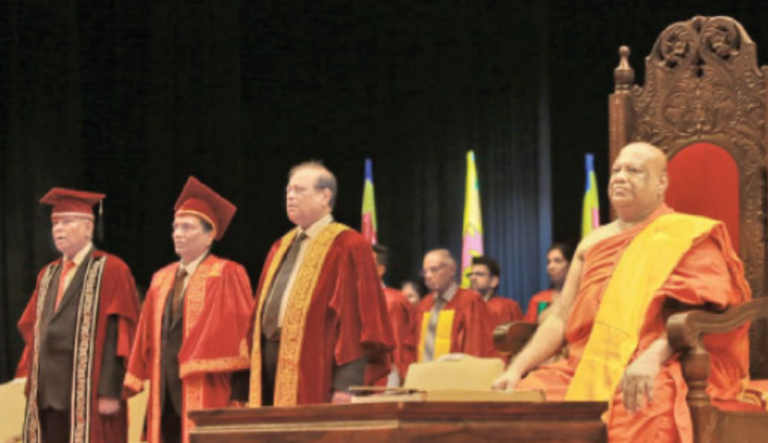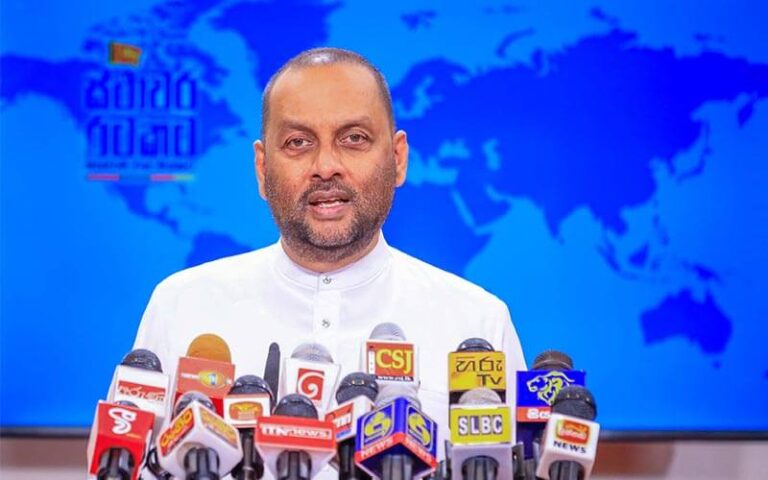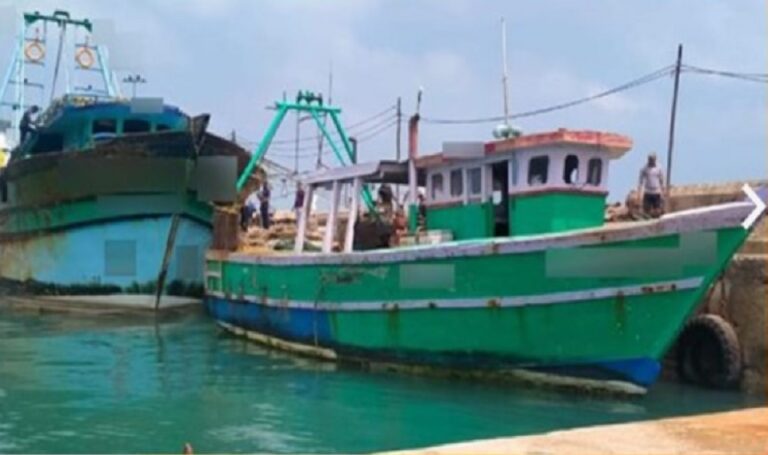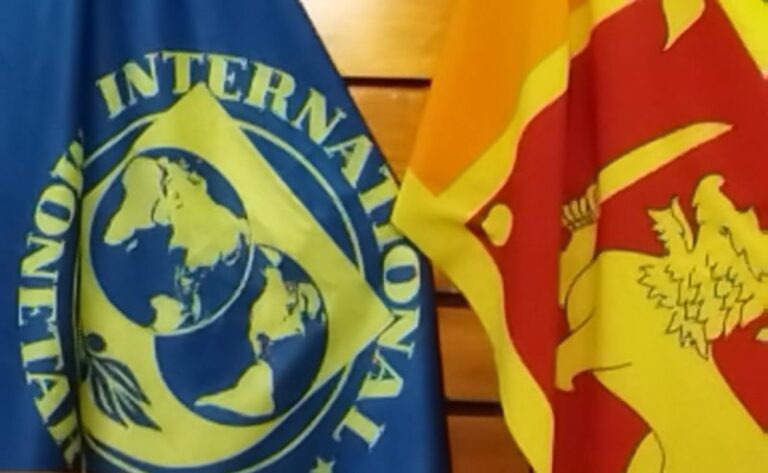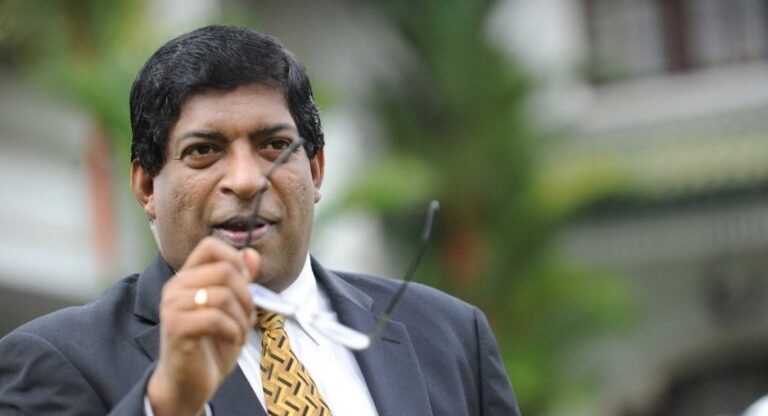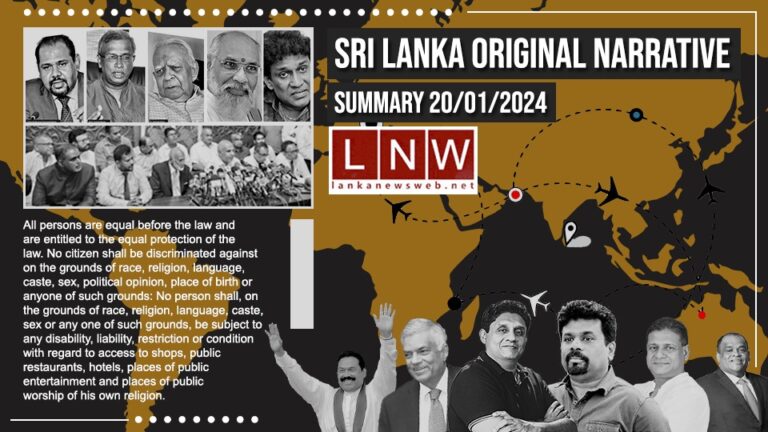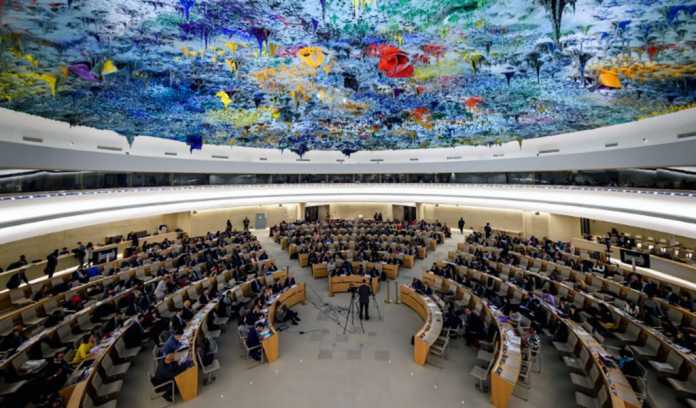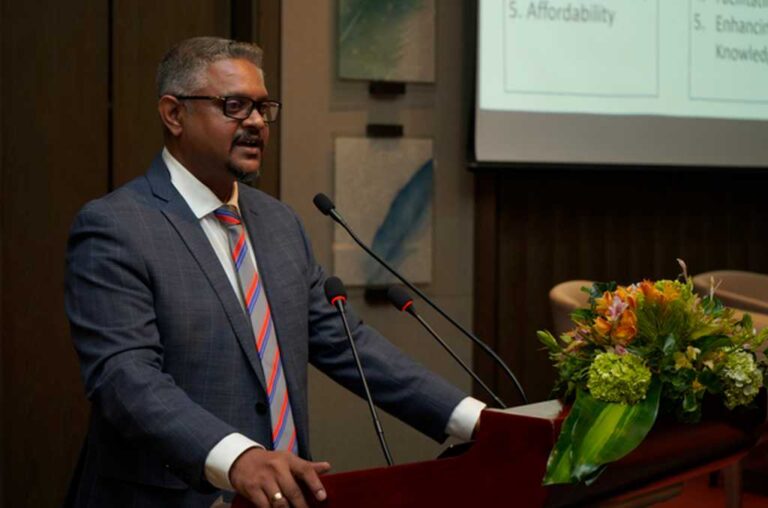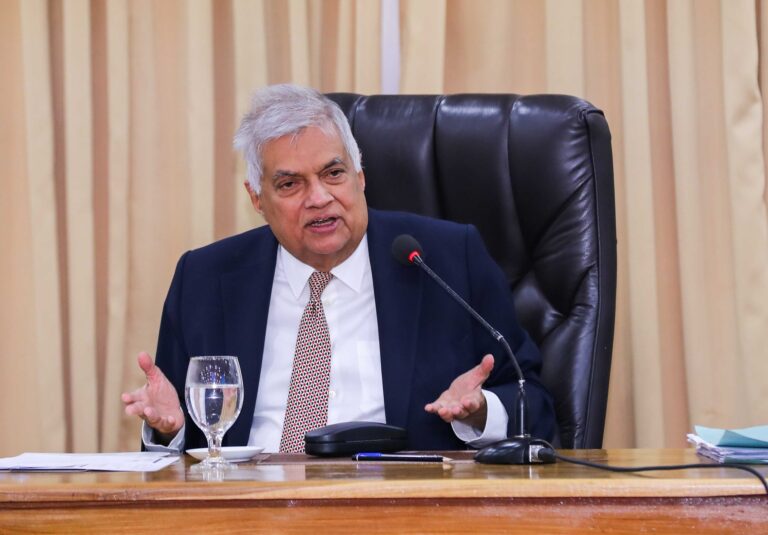January 20, Colombo (LNW): Education Minister Dr. Susil Premajayantha has revealed significant proposals aimed at expanding Sri Lanka’s higher education sector during the ongoing education reform process. Among the key recommendations is the establishment of separate commissions to regulate State and non-State universities, as well as vocational education institutions.
Addressing the fourth graduation ceremony of the Nagananda International Institute of Buddhist Education as the Chief Guest, Minister Premajayantha highlighted the comprehensive efforts to enhance higher education, with reforms slated for implementation in four identified areas from the beginning of the upcoming year.
The Minister announced an allocation of Rs 8,000 million in this year’s budget for research across various disciplines. He emphasized that longstanding delays in the development of the higher education sector would soon be addressed through collaborative efforts involving the University Grants Commission (UGC), the Education Ministry, and all public universities. These efforts include fostering academic research relations with globally recognized high-ranking universities.
Minister Premajayantha underscored the need to reduce the time spent by students in school education by one year, providing them with expedited opportunities to attain degrees and post-graduate qualifications. He emphasized the urgency of closing the gap between Sri Lankan students and their counterparts in developed countries.
As part of the proposed higher education reforms, the Minister highlighted the intention to establish separate commissions for the regulation of public and private universities, along with vocational education institutions. Quality checks will be conducted by the National Education Commission, with relevant bills already drafted and submitted to the cabinet.
The ongoing education reform process aims to elevate Sri Lanka’s education sector, including vocational education, to internationally recognized standards of quality development.
Minister Premajayantha commended the noteworthy contributions of Ven. Dr. Bodagama Chandima Thera in establishing the Nagananda International Buddhist Educational Institute as a prestigious educational institution within a short timeframe. The graduation ceremony witnessed the conferment of degrees upon 97 students, including six foreign students. Dignitaries from Sri Lanka and abroad participated in the event alongside Vice-Chancellor Ven. Dr. Bodagama Chandima Thera.


